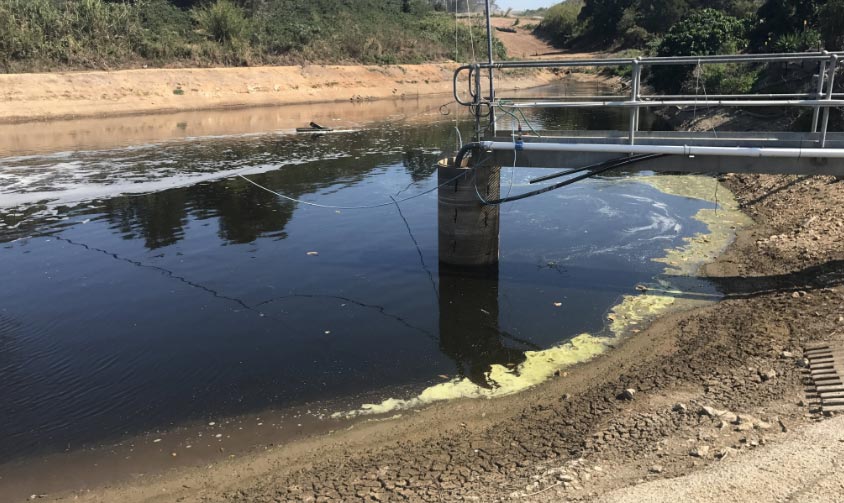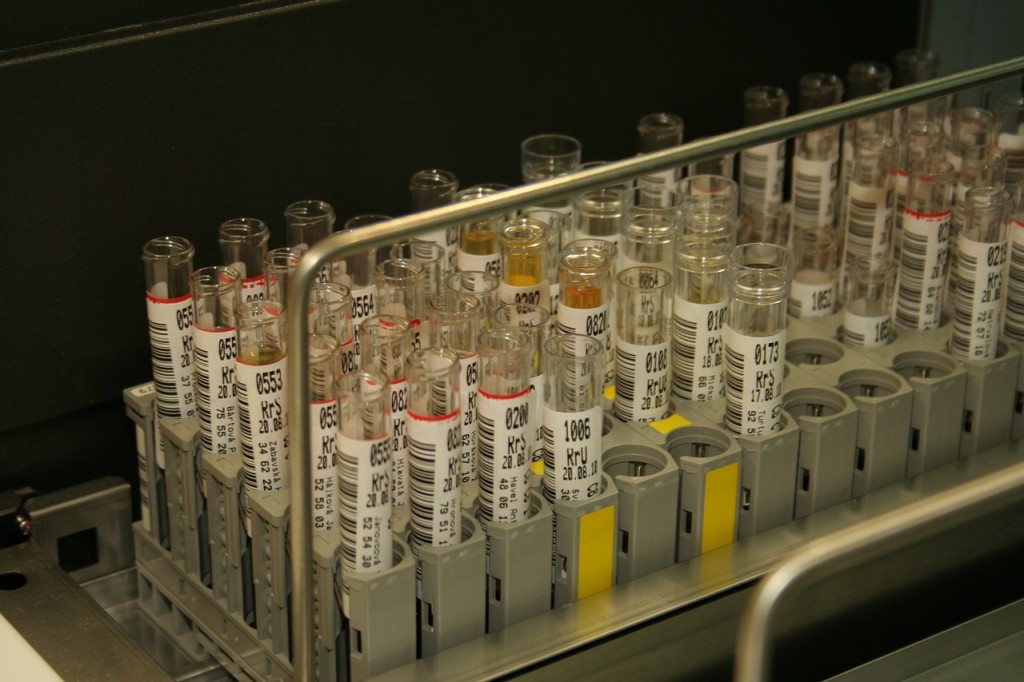Expert Liquid Waste Removal Melbourne: Keeping Your Atmosphere Clean
Expert Liquid Waste Removal Melbourne: Keeping Your Atmosphere Clean
Blog Article
Comprehending the Comprehensive Process of Liquid Waste Disposal: Best Practices and Environmental Impact Considerations
The management of fluid waste disposal is a complex concern that calls for a thorough understanding of different ideal methods and their connected environmental effects. From the sorts of fluid waste produced to the techniques used for collection, treatment, and last disposal, each action plays an essential duty in guarding ecological communities and public wellness. As governing standards advance and modern technology developments, the discussion around these procedures ends up being increasingly significant. What implications do these modifications hold for future sustainability initiatives, and exactly how can stakeholders ensure that they are sufficiently attended to?
Types of Fluid Waste
Understanding the numerous kinds of fluid waste is necessary for efficient administration and disposal practices. Liquid waste can be generally classified right into several kinds, each calling for one-of-a-kind handling and treatment techniques.
Industrial fluid waste typically consists of hazardous materials, consisting of hefty steels, solvents, and chemicals, produced during producing processes. These wastes demand strict regulative conformity to safeguard human health and the environment. Domestic liquid waste mostly describes wastewater produced from households, including sewer and greywater, which, although less harmful, can still present substantial dangers if incorrectly taken care of.
Agricultural fluid waste, including drainage from farms, commonly has plant foods and pesticides that can cause ecological deterioration if not treated appropriately. Medical fluid waste, produced from medical care centers, consists of contaminated fluids such as bodily liquids and chemicals, requiring specialized disposal approaches to avoid infection and environmental contamination.
Finally, oil and grease waste, generally generated by dining establishments and vehicle markets, can trigger severe clogs in sewage system systems otherwise taken care of effectively. Comprehending these classifications helps with targeted methods for therapy, conformity with guidelines, and efficient disposal techniques, inevitably advertising environmental sustainability and public wellness safety.

Collection Methods
Reliable collection techniques are essential for the correct management of liquid waste, guaranteeing that it is gathered safely and efficiently before therapy or disposal. Different strategies are employed depending upon the kind of fluid waste produced, the quantity, and the certain qualities of the waste.
One common approach is making use of devoted collection tanks or sumps, which are created to capture liquid waste at the resource. These systems usually integrate pumps that facilitate the transfer of waste to bigger storage space containers or therapy facilities. Additionally, mobile collection units geared up with vacuum cleaner technology are utilized in circumstances where waste is created periodically or in hard-to-reach locations.
For industrial setups, closed-loop systems can effectively minimize spills and leaks, enabling the healing and reuse of liquid waste. It is also important to educate employees on proper collection procedures to minimize threats associated with harmful substances.
Additionally, applying routine upkeep timetables for collection tools ensures optimal efficiency and safety and security. The integration of advanced monitoring systems can boost collection efficiency by offering real-time information on waste levels and prospective dangers. On the whole, effective collection methods are fundamental to sustainable liquid waste management practices.
Therapy Processes
Treatment processes play an important duty in the management of fluid waste, changing possibly unsafe materials right into risk-free effluents or recyclable resources - liquid waste disposal. These procedures can be extensively classified into physical, chemical, and biological methods, each tailored to deal with particular pollutants present in read review the waste stream
Physical therapy approaches, such as sedimentation and filtration, job by getting rid of suspended solids and particulate matter. These techniques are frequently the initial step in the treatment chain, efficiently decreasing the load on succeeding processes. Chemical treatments entail making use of reagents to reduce the effects of dangerous compounds, precipitate hefty metals, or oxidize organic toxins, therefore improving the security of the effluent.
Organic treatment processes, consisting of triggered sludge systems and anaerobic food digestion, profit from the all-natural abilities of microbes to deteriorate raw material. These approaches are especially efficient for wastewater having eco-friendly pollutants. Advanced treatment innovations, such as membrane layer filtration and progressed oxidation processes, are significantly employed to accomplish greater degrees of filtration.
Incorporating a mix of these treatment approaches not only ensures conformity with governing standards but likewise advertises environmental sustainability by recouping valuable resources from fluid waste.
Disposal Options
Just how can companies ensure the risk-free and liable disposal of fluid waste? Reliable disposal choices are critical for safeguarding public health and wellness and the environment. The main approaches consist of land disposal, therapy, and incineration adhered to by discharge into municipal wastewater systems.
Land disposal involves the careful control of fluid waste in assigned landfills, making sure that it does not seep right into surrounding soil or water. Incineration, on the various other hand, topics fluid waste to heats, converting it right into ash and gases, which call for appropriate filtering to minimize exhausts. This approach appropriates for contaminateds materials that can not be dealt with through conventional means.
In situations where fluid waste can be dealt with, companies might choose for chemical or biological therapy procedures to reduce the effects of dangerous elements before discharging the treated effluent right into municipal systems. This course commonly straightens with regulative demands, making certain that the effluent fulfills security standards.
Inevitably, companies have to carry out detailed evaluations of each disposal option to identify its viability, thinking about factors such as waste make-up, governing conformity, and prospective risks to wellness and the setting. By picking appropriate disposal techniques, businesses can add to a liable waste administration strategy.
Ecological Impact
The environmental effect of useful content fluid waste disposal is a critical consideration for companies looking for to reduce their eco-friendly impact. In addition, the discharge of without treatment or improperly dealt with waste right into surface area waters can result in eutrophication, leading to oxygen depletion and the succeeding fatality of fish and various other microorganisms.

To mitigate these impacts, organizations need to take on finest methods such as carrying out extensive waste therapy processes, promoting recycling and reuse, and adhering to governing criteria. By taking a proactive strategy to fluid waste administration, entities can considerably minimize their ecological footprint while supporting lasting advancement objectives. Inevitably, a detailed understanding of the environmental impacts connected with liquid waste disposal is essential for educated decision-making and accountable stewardship of natural deposits.
Verdict
Efficient management of fluid waste is critical for safeguarding ecological stability and public health. By taking on finest methods in collection, treatment, and disposal, alongside adherence to regulative standards, the capacity for damaging contamination of ecological communities can be considerably reduced. Constant advancements in modern technology and procedures contribute to lasting waste management efforts. Inevitably, a thorough understanding of liquid garbage disposal not just reduces ecological influences yet also promotes a dedication to liable resource administration and ecological stewardship.
The monitoring of fluid waste disposal is a complex issue that calls for a thorough understanding of different finest methods and their associated ecological impacts. From the kinds of Check Out Your URL fluid waste generated to the approaches utilized for collection, therapy, and last disposal, each action plays a crucial duty in guarding ecosystems and public health.The environmental influence of fluid waste disposal is an essential factor to consider for companies looking for to decrease their eco-friendly impact. Inevitably, a thorough understanding of the ecological effects linked with fluid waste disposal is necessary for notified decision-making and accountable stewardship of natural resources.
Inevitably, a thorough understanding of fluid waste disposal not only reduces environmental impacts yet likewise promotes a commitment to liable resource management and ecological stewardship.
Report this page